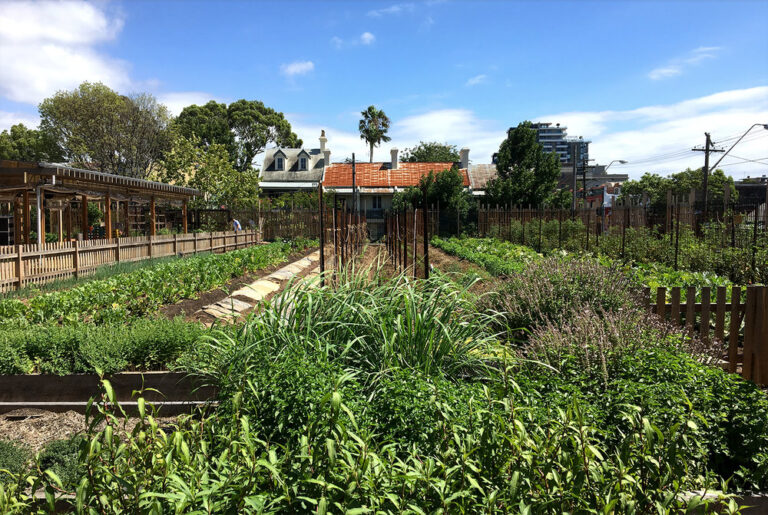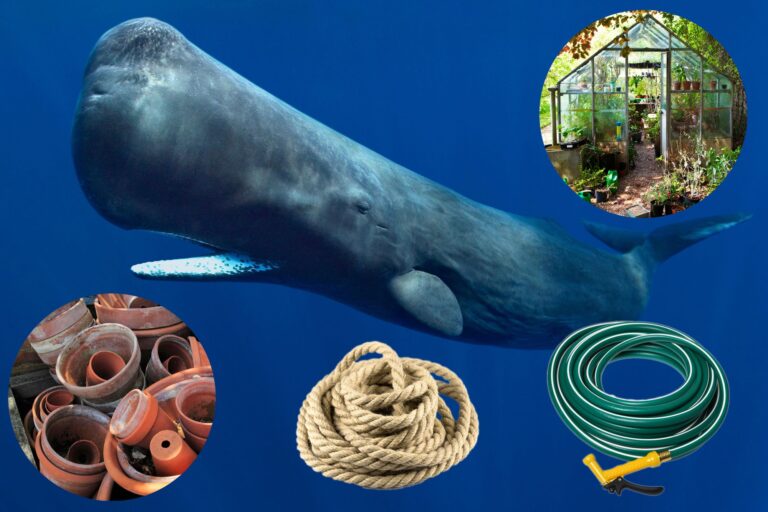We’ve been told of late that it’s good for our physical and mental well-being to get outside. Having got outside many thousands if not millions of people in Australia and around the world have become familiar with local parks and gardens. And with good reason – they’re such great places to get some fresh air and exercise and meet up, albeit in small groups, with family and friends.
What was once normal that became something of a no-no due to other pressure and priorities has again become, well, normal.
And why not, writes Patrick Lydon in: We Had Forgotten That We Are Ecological Beings (Yes, May 8, 2020)
We may well have decided that the old normal which became the new normal was attending shopping malls, sporting events, and office cubicles, but when they become shut down, people have discovered to their surprise perhaps that taking leave of their home offices early, heading out into urban nature to play with their families and the birds, is not just pretty good, it’s wonderful.
‘The choice to spend more time in nature is a phenomenon taking place in nearly every industrialised country where the economic and social shutdown is occurring, subject to varying logistical and governmental constraints,’ says Lydon.
‘When I talk of such news to friends in rural Japan—a group highly saturated with farmers and artists, mind you—most aren’t surprised. What is happening, they say, is that humans are remembering now something that we had forgotten during our “pre-corona” days, sitting in traffic or at desks in climate-controlled cubicles – that we are ecological beings.’
““Everyone has the ability to know nature, to listen to nature, and to follow nature.” This is a common refrain from Japanese natural farmer and author Kawaguchi Yoshikazu.
‘Some psychologists claim that all humans are gifted with “ecological perception” and that our ecological crisis has its roots in ignoring this gift. Perceptual psychologist Laura Sewall says this perception can be regained simply by practicing, for “if one chooses to listen, the landscape speaks,” ‘ Lydon says.
‘Or, if sitting in the park with our children and the birds is important now, will it suddenly become unimportant when we all go back to the office—when the skies are brown again, and the cars have out-shouted the birds, and things are back to normal?’
It seems for too long, we’ve called this unnatural way of life normal. Might we remember that what we considered normal was anything but. 
Lydon writes: ‘One hopes, at least, that this pandemic will have slowed us down just enough to help us listen deeply, to care more, and perhaps to ask ourselves what, exactly, we are working in service to anyway.’
So listening to nature has never been more important. Not just the sounds of nature but the combined voice of the non-human earth community that can teach us so much when we get in touch with our true ecological being.
Munibung Hill has become like a respite area for home bound weary lockdown residents looking for a place to reconnect with the ‘real’ world beyond the hustle and bustle that has become so routine that it has displaced our normal connections with the natural world.
To read the full story go to this link: We are ecological beings



